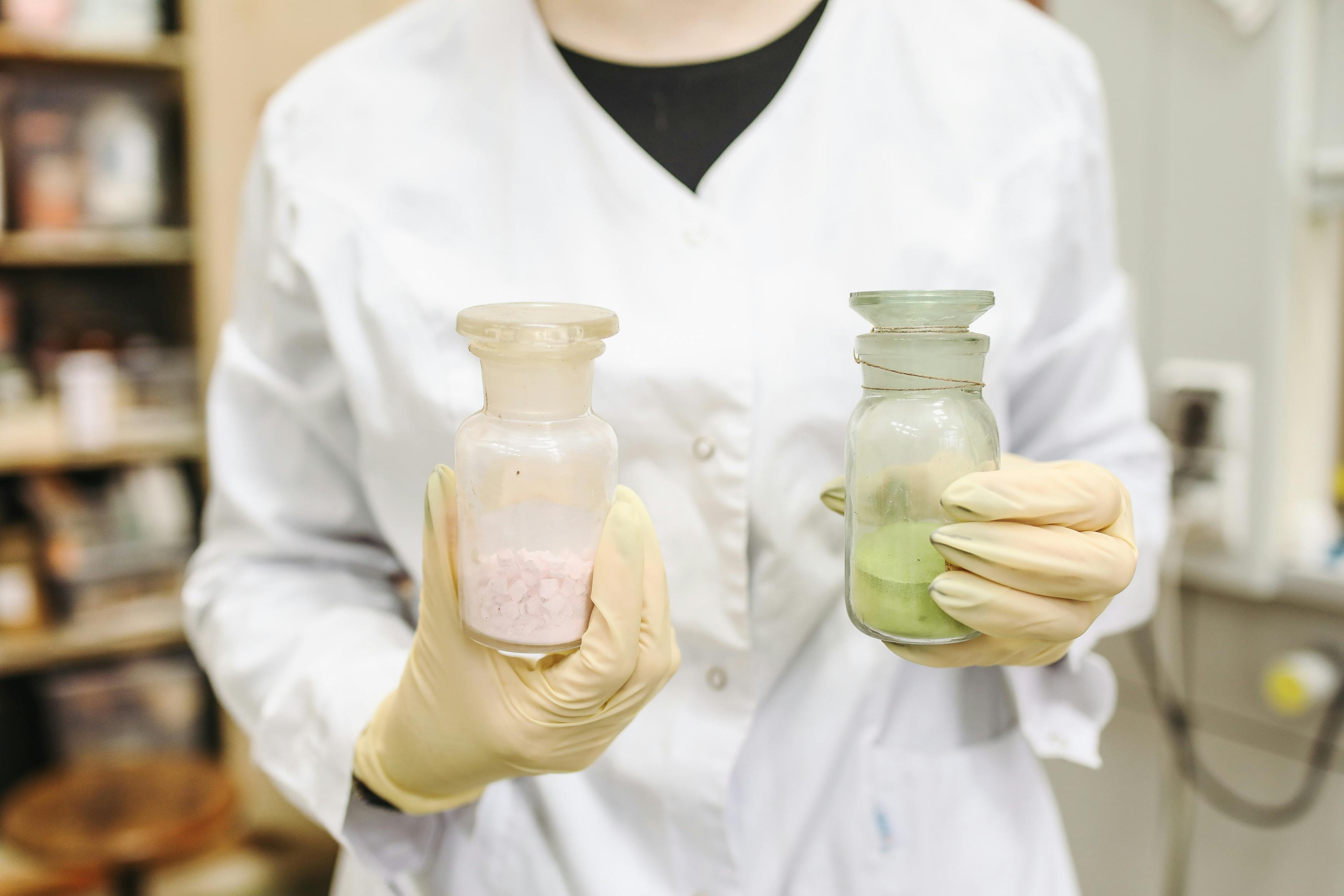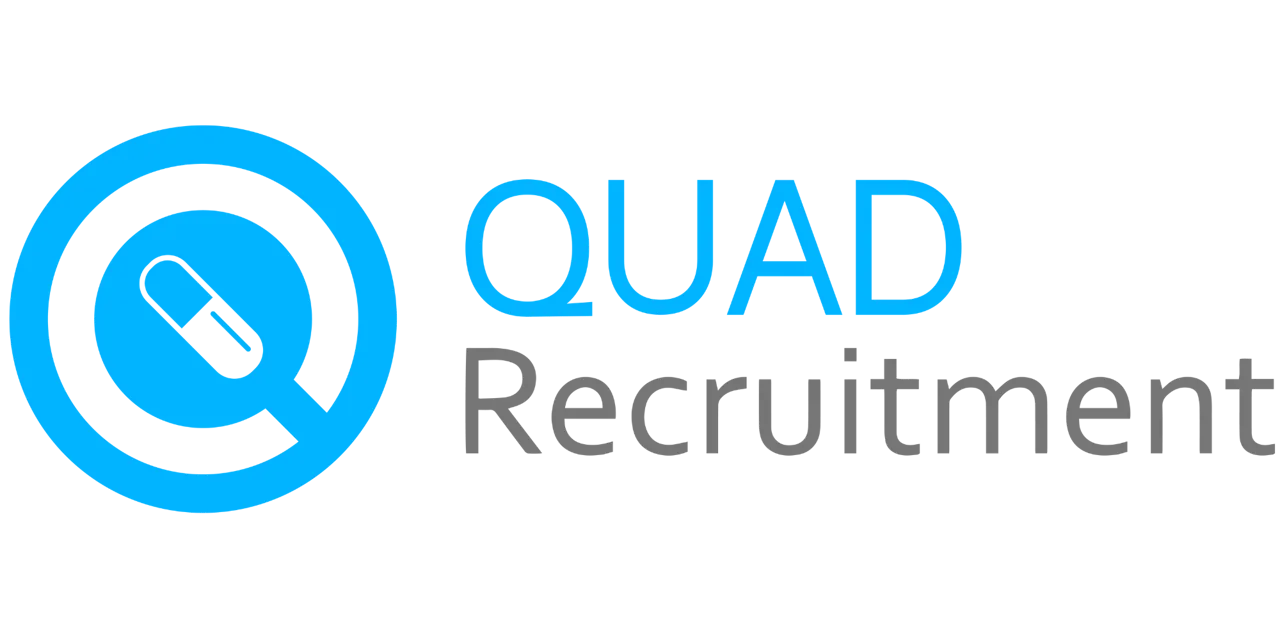
Specialty Pharmacy: A Guide for Pharmacists
27 May, 20244 minSpecialty pharmacy has been growing steadily since the 1980s when patients in Pittsburg bega...

Specialty pharmacy has been growing steadily since the 1980s when patients in Pittsburg began to rely on a local corner drugstore for their pharmaceutical care. That was Stadtlanders Pharmacy which had the specialty expertise and pharmaceuticals that these patients required.
In addition to medicine, the pharmacy also assisted with medication reimbursement, counseling, and education. Fast forward to today. Stadtlanders now provides nationwide care across the US to more than 55,000 patients. This article explores this booming sector of specialty pharmacy. Learn about career paths, salaries, and the impact of this niche on healthcare. Ready to jump in?
What is Specialty Pharmacy? An Introduction
The National Association of Specialty Pharmacy (NASP) defines specialty pharmacy as "Specialty Pharmacy's patient-centric design provides a comprehensive and coordinated model of care for patients. The medications and expert services that specialty pharmacies provide expedite patient access to care, ensure appropriate medication use, and achieve superior clinical and cost-effective outcomes." (nasp.org)
Specialty pharmacies differ from traditional pharmacies when it comes to aspects of patient care and disease management. The former is more geared toward medical health conditions that require special handling, storage, and distribution of medication. Specialty pharmacies are also designed to improve clinical and economic outcomes for patients with complex, often chronic, and rare conditions.
As the name indicates, to be effective and serve the purpose for which it has been created, it is imperative that a specialty pharmacy has robust clinical expertise. These pharmacies typically comprise a multidisciplinary team that consists of highly educated and specialty-trained pharmacists. Additionally, pharmacists need to be experts in the disease states in which they practice. For example, a transplant pharmacist must have established enough credentials as a transplant medication expert among both patients and prescribers.
Navigating Careers in Specialty Pharmacy
Those desiring to make a mark in the burgeoning pharmacy sector can consider specialty pharmacy as an excellent career option. Specialty pharmacy careers allow for specialization and specialists are always in more demand than those who work in just traditional pharmacies.
Let’s explore how you can navigate a rewarding career in specialty pharmacy. Keep in mind that it is indeed a unique career choice and provides an opportunity for pharmacists to apply their cognitive skills and expertise to specific catastrophic illnesses.
With the increase in complexity of serious illnesses, there has never been a greater need and demand for specialty pharmacies and specialty pharmacists as there is today.
For instance, catastrophic conditions such as inflammatory bowel disease, the management of cancer with oral oncology agents, and muscular sclerosis are ideal scenarios for specialty pharmacy programs. The reason specialty pharmacies would always need qualified and expert specialty pharmacists is that the above-mentioned disease states are more or less chronic, require costly interventions of medications, involve other healthcare costs, and lend themselves to drug-related side effects.
Specialty pharmacists thus have this new career path to showcase their ability to improve the quality of patient care in a unique managed care environment. This is why the future of specialty pharmacy looks very promising.
How to Transition Into a Specialty Pharmacy Career
Switching roles from a traditional pharmacy or from a community pharmacy to a specialty pharmacy can be achieved by pursuing advanced degrees in the field of pharmacy, adding certifications to enhance one’s professional qualifications, staying abreast of the latest trends in the field, and being open to evolving technology.
Apart from enrolling for a course or certification and gaining expertise in a specific area, such as cardiology or oncology, it also helps if the aspiring specialty pharmacist possesses certain soft skills. These skills, such as emotional intelligence, time management, empathy, patience, and a pleasant demeanor are at times far more crucial than the actual expertise itself when it comes to dealing with patients.
Networking with other pharmacies, top professionals and specialty pharmacists is also beneficial in making the transition.
All in all, specialty pharmacy is one of the fastest-growing industries in the United States. To serve this blooming industry, National Association of Specialty Pharmacy was founded in 2012. Dr. Scott Knoer, former chief pharmacy officer at Cleveland Clinic Ohio and current CEO of the American Pharmacist Association, strongly advocates a career in specialty pharmacy.
Ready to Make The Switch to a Specialty Pharmacy Career? Do it With Quad Recruitment
Specialization always helps, especially when it comes to healthcare. Today, specialty pharmacy is a growing field and there is a huge demand for certified, qualified experts who can add value to patient care and outcomes. However, it is also a highly competitive space, and getting hired is not so easy. That’s why industry experts in the field of pharmacy recruitment like Quad Recruitment USA play such a major role in your career trajectory. Sourcing the right employers, the right pay package, the right pharmacy – leave all this to the experts at Quad Recruitment. Contact us today!


